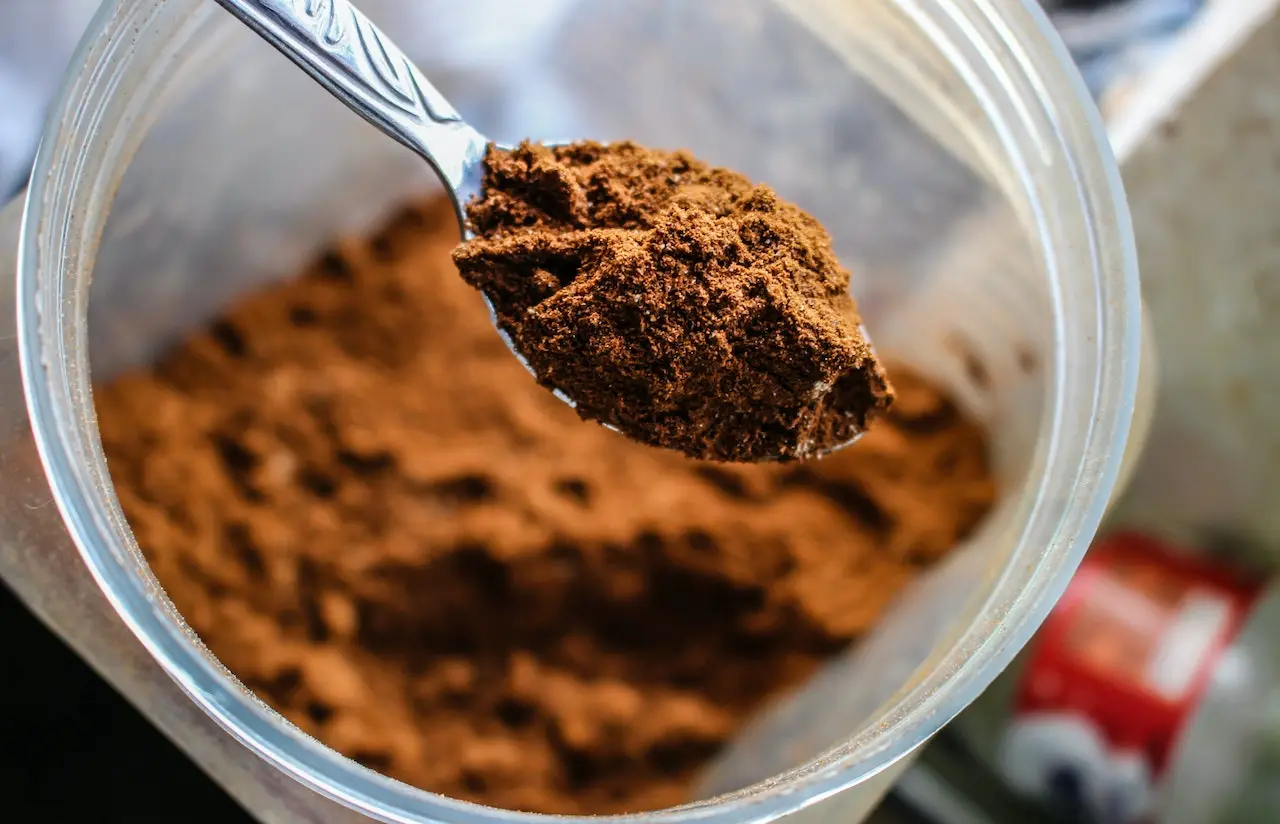When intermittent fasting, monitoring your intake is crucial to avoid breaking your fast or encountering intermittent fasting plateaus.
Your primary consideration should revolve around the calorie content and other ingredients present in any product you plan to consume during your fasting windows.
While many experts anecdotally suggest that consuming less than 50 calories does not kick you out of the fasting state, ideally, you should not be consuming anything that has calories during your fasting windows.
Still, that will depend on your fasting protocol and its dictates.
With these fundamentals out of the way, we can go ahead and start addressing the main question: “Does vegetable broth break a fast?”
Let’s start by looking at the nutritional value of vegetable broth.
Does Vegetable Broth Contain Calories?
One of the key considerations when evaluating whether vegetable broth breaks a fast is its caloric content.
While vegetable broth is significantly lower in calories compared to a full meal, it is not entirely devoid of them. The caloric content primarily comes from the vegetables and any added ingredients during the preparation process.
On average, a cup of vegetable broth contains approximately 10 to 20 calories, depending on the specific ingredients used.
These calories mainly come from the carbohydrates present in vegetables, with minimal contributions from fats or proteins.
While the calorie count might seem negligible, it’s essential to recognize that even small caloric intake can have metabolic implications during fasting.
On to the main question…
Does Vegetable Broth Break A Fast?
Fasting, in its various forms, is often centered around creating a caloric deficit to promote specific physiological responses.
Consuming calories, even from seemingly light sources like vegetable broth, may trigger metabolic processes, potentially affecting the desired fasting outcomes.
So yes, vegetable broth technically breaks a fast.
However, the debate doesn’t end here. Some argue that the modest calorie content in vegetable broth may not significantly impact fasting goals.
This is true, but it entirely depends on your fasting goals. Yes, a little vegetable broth during your fasting window might not hinder your weight loss but it will surely affect other fasting processes like autophagy.
Also, your fasting protocol might dictate whether it’s fit or not for you to take vegetable broth during your fasting window.
What can’t be denied however are the potential benefits that one might get by taking vegetable broth when practicing intermittent fasting, not only during the fasting window but also during the eating window.
Here are some benefits of taking vegetable broth when practicing intermittent fasting:
Benefits Of Taking Vegetable Broth When Practicing Intermittent Fasting.
- Low-calorie content.
Vegetable broth is typically low in calories, making it a suitable option for those aiming to maintain a calorie deficit during intermittent fasting. - Hydration.
The high water content of vegetable broth helps in staying hydrated during fasting periods, addressing a common concern for those who might struggle with plain water intake. - Rich in nutrients.
While vegetable broth is low in calories, it can still provide essential nutrients from the vegetables and herbs used in its preparation. These nutrients can contribute to overall health and well-being. - Flavor enhancement.
Fasting periods may sometimes be challenging due to blandness in taste. Vegetable broth adds flavor to your routine, making it more enjoyable and sustainable. - Potential appetite control.
Some individuals find that sipping on vegetable broth during fasting periods helps curb appetite, making it easier to adhere to intermittent fasting schedules. - Digestive benefits.
The compounds released during the simmering process of vegetable broth may have mild digestive benefits, aiding in gut health without compromising the fasting state.
If your fasting protocol or goals do not allow you to take vegetable broth during your fasting window, you can always schedule it for your eating windows to reap the above benefits.
Or, if you are a fan of intermittent fasting cheat days, you can also take vegetable broth during these days.
Summary.
In conclusion, the question of whether vegetable broth breaks a fast is nuanced and depends on various factors, including your fasting goals and protocol.
While the modest calorie content in vegetable broth may technically break a fast, the impact on fasting outcomes remains a subject of debate.
The decision to include vegetable broth during fasting windows should align with your specific fasting protocol and objectives.



